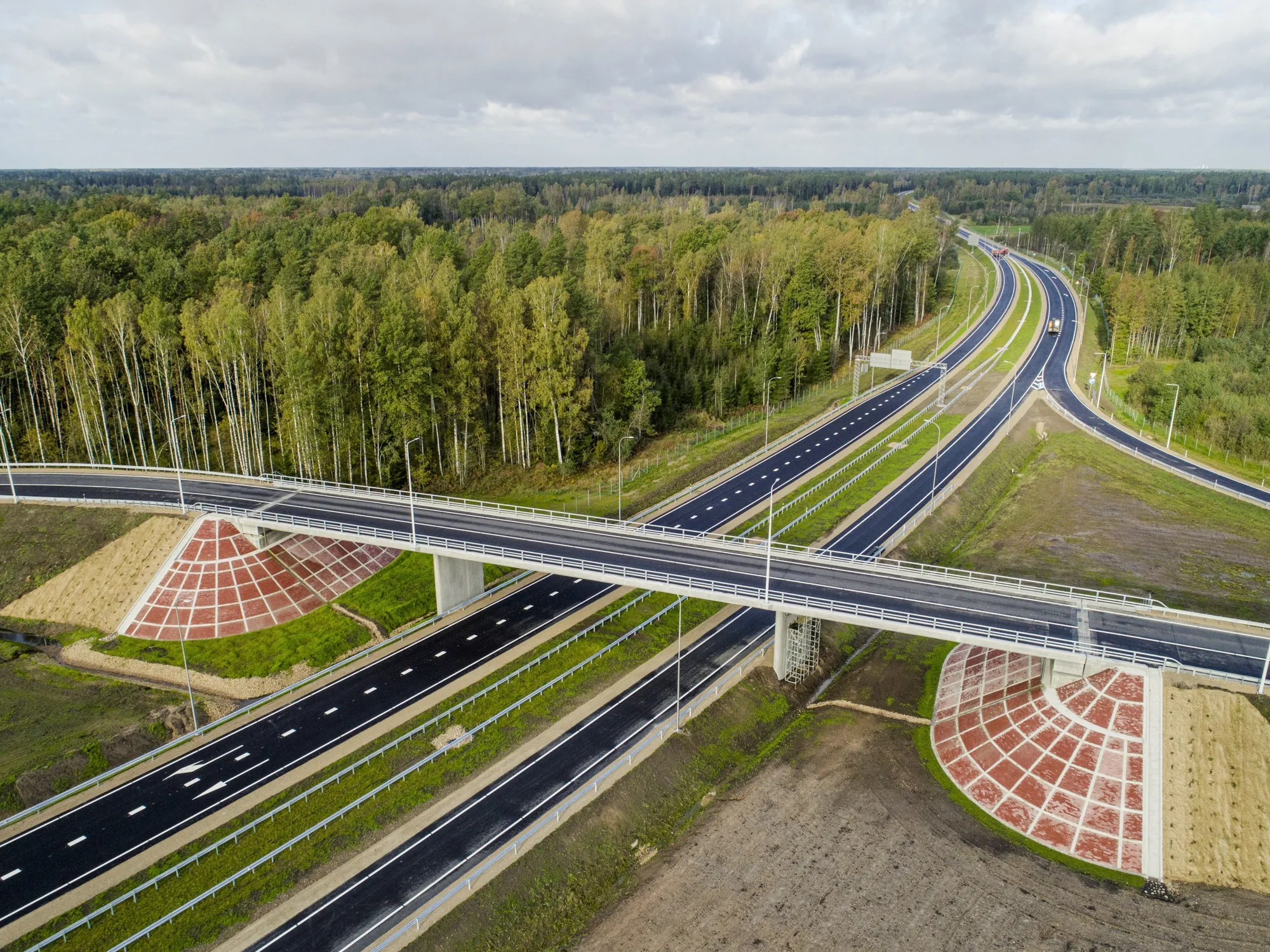The Moscow region’s first toll road opened on 1 October 2012 on the M4 Don highway. The state-owned company Russian Highways (Avtodor) has invested US193 million to reconstruct the road before introducing the toll system, which it is planned to extend in the future. Car drivers will pay US$0.32 at night and US$0.96 during the day; truck drivers will pay from US$0.48 to US$3.8 depending on vehicle size and time of day. Drivers can pay by cash, credit cards, prepaid contactless smart cards, or via transpond
October 3, 2012
Read time: 1 min
The Moscow region’s first toll road opened on 1 October 2012 on the M4 Don highway. The state-owned company 6652 Russian Highways (Avtodor) has invested US193 million to reconstruct the road before introducing the toll system, which it is planned to extend in the future.
Car drivers will pay US$0.32 at night and US$0.96 during the day; truck drivers will pay from US$0.48 to US$3.8 depending on vehicle size and time of day. Drivers can pay by cash, credit cards, prepaid contactless smart cards, or via transponder chips.
The Odintsovo bypass will become the second toll road in the Moscow region in 2013, and the Moscow-St Petersburg highway, some sections of M1 Belarus, and the central ring road will also become toll roads.
Car drivers will pay US$0.32 at night and US$0.96 during the day; truck drivers will pay from US$0.48 to US$3.8 depending on vehicle size and time of day. Drivers can pay by cash, credit cards, prepaid contactless smart cards, or via transponder chips.
The Odintsovo bypass will become the second toll road in the Moscow region in 2013, and the Moscow-St Petersburg highway, some sections of M1 Belarus, and the central ring road will also become toll roads.








